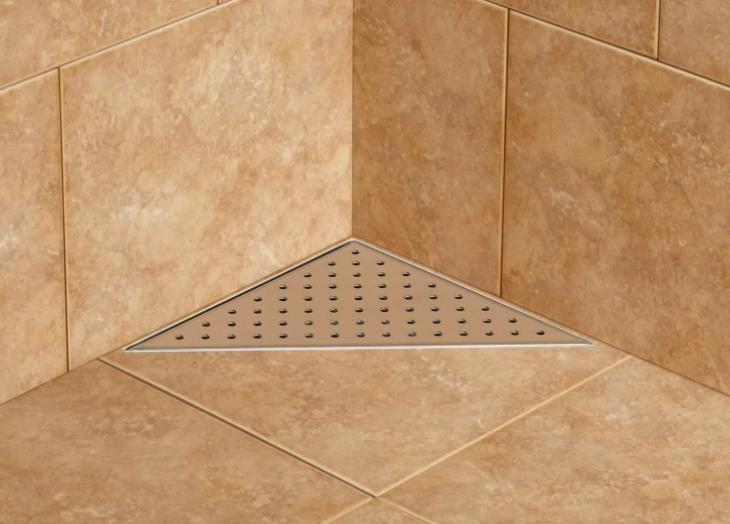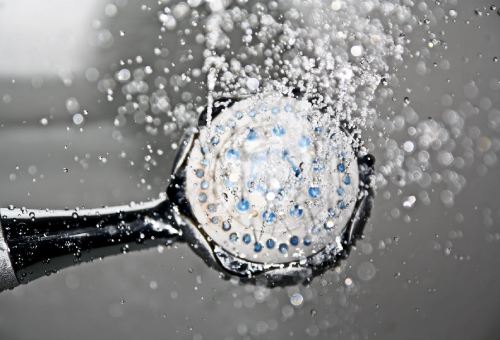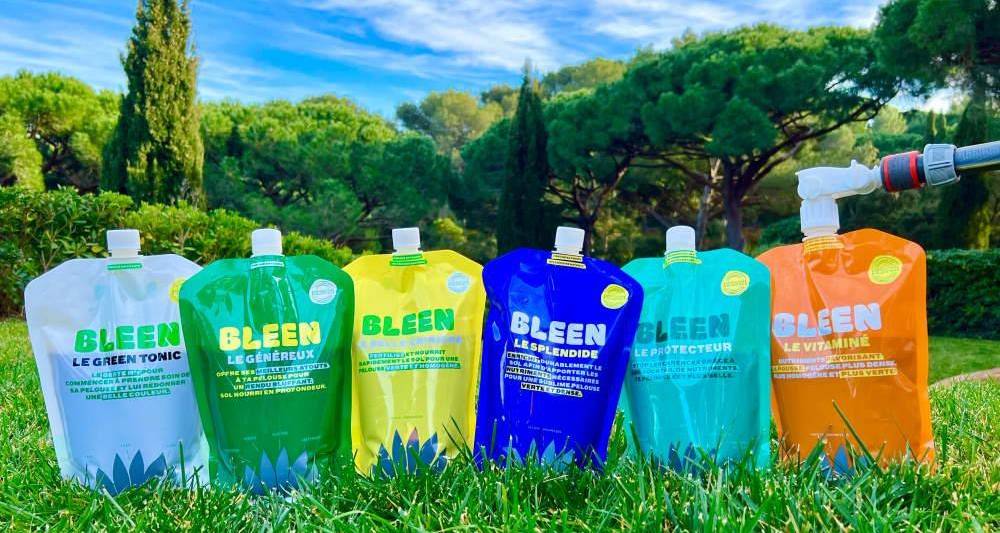Wash at home or in laundry: what is better for the environment
Patricia Pérez
Detergent, softener...Each time a washing machine is launched, either at home or in a laundry, it contributes to some extent to pollution in the environment.But not only contaminate the products that are used to clean and seek a good smell of garments, but tissues such as polyester, nylon and other synthetic components give off plastic microfibers end the oceans.
To prevent these microparticles from being part of the trophic chain, washbags that filters the passage of microfibers can be used.In addition, there is also the option of acquiring detergent and bulk softener, which avoids the emission to the environment of plastic containers.
However, the environmental problem does not only derive from plastic pollution.The amount of water and electricity used to wash the garments is also decisive to know the real impact it has for the environment to do the cast.
Wash
A domestic washing machine consumes around 254 kWh per year, according to the data offered by the Institute for Diversification and Savings of Energy (IDAE).This figure represents almost twelve percent of the electrical bill of households and 8.6 percent of the total consumption of household appliances - a percentage percentage that dryers—.

On the other hand, the consumption of the machines that are used in the laundries are more efficient and reduce up to twenty percent of the water used by domestic ones, since they are usually washing machines and industrial dryers of high -end.
Researchers from the Polytechnic University of Valencia have conducted the 'study of eco-efficiency in product-service systems.Application of washing machines' in which the economic and environmental factors of domestic, industrial and community washing machines are analyzed - acquired and used by neighborhood communities—.
This analysis performed between 2000 and 2014 reveals that self -service laundries have an impact almost three times less than the appliances used in homes.This is because machines usually use more sophisticated technologies to save energy consumption and water use, and the supplier is responsible for controlling any damage.
Eco -efficient washing machines
According to data from the Ministry for Ecological Transition, models that consume from 42 to 62 liters of water can be found in the market for a capacity of seven kilos of clothes and between 39 and 52 liters for a load capacity of five kilos.The Ministry itself argues that efficient models would be those that consume a maximum of 44 liters of water for five kilos of clothes and 47 liters for seven kilos.
Noticias Relacionadas
Where should you deposit the masks and gloves when you take them off?
Europa PressAt the same time, Teresa Ribera portfolio argues that the most capacity washing machines are, in general, more efficient."There are 38 models that consume between 42 and 45 liters, which is less than 6 and a half liters per kilo of washed clothes," he concludes.
Lavanderías
From the Self -Service Lavanderías Fresh Laundry Sustioenen franchise that one of its eight -liter capacity washing machines use 32 liters of water.In addition, in terms of energy savings, this same company has revealed to Consumer that domestic use machines consume about 1.20 kW while industrial around 0.6 kW.
Likewise, self -service laundries have dosing systems that avoid excess detergent and softener, which also helps to reduce ocean pollution.
Ministerio para la Transición Ecológica,Contaminación,casa,EcologíaTendencias








3918